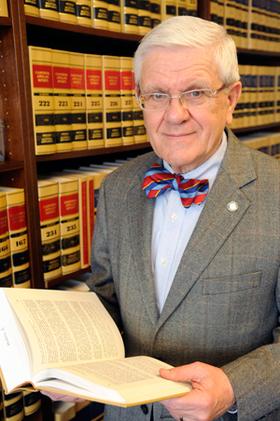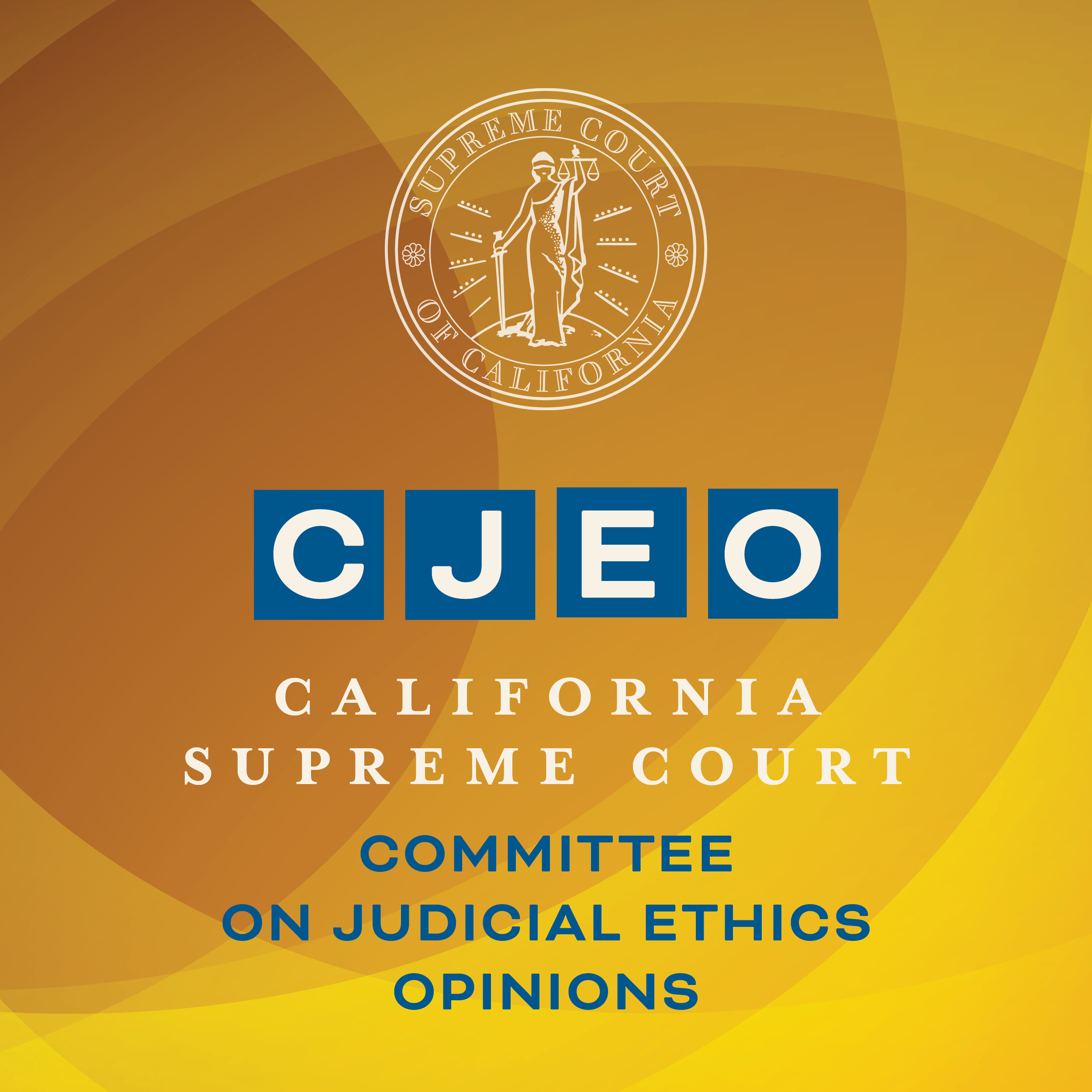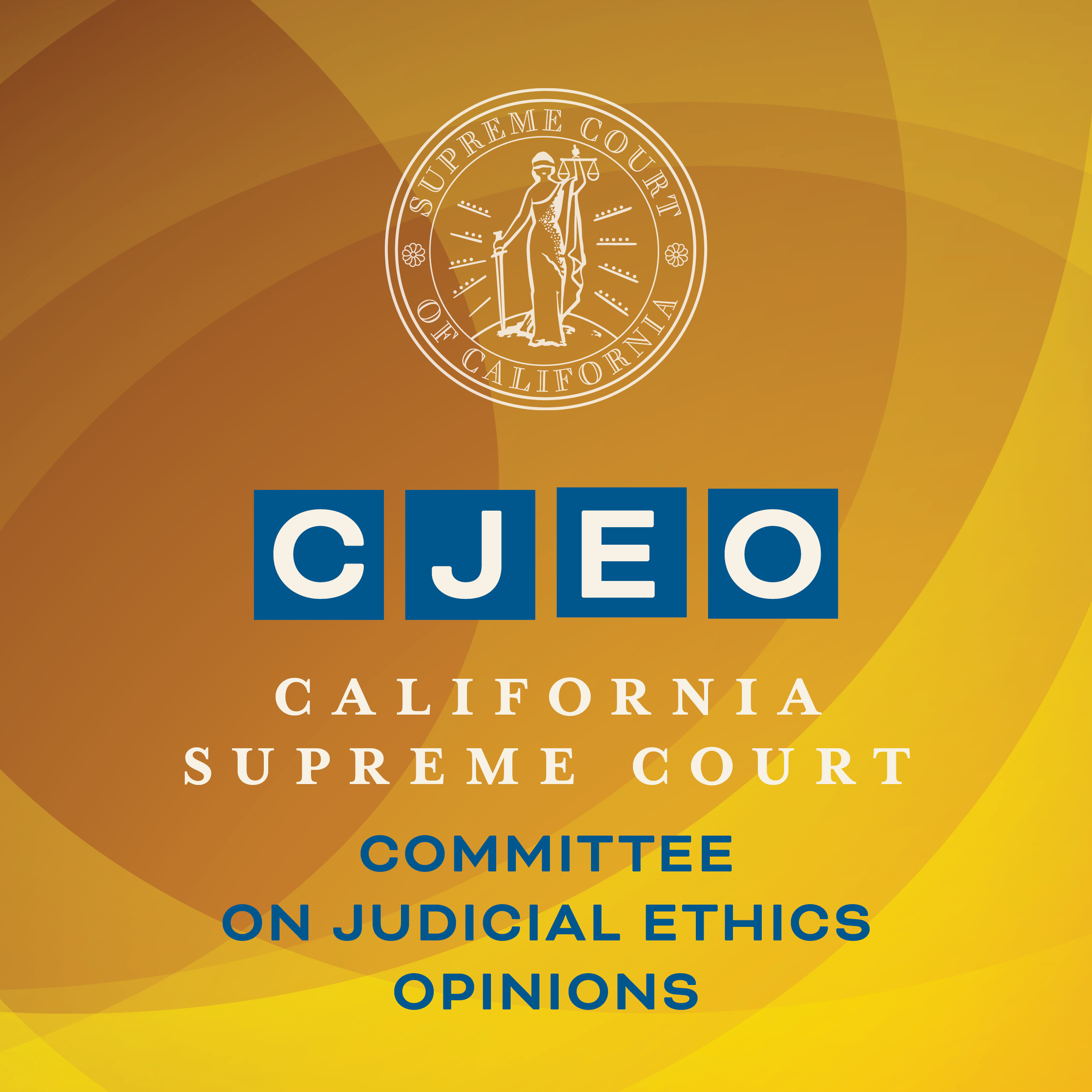Ethics Committee Adopts Opinion About Judges Using Court Case Management Systems
The California Supreme Court Committee on Judicial Ethics Opinions (CJEO) adopted a final opinion after twice considering public comments about whether judges may search their court’s electronic case management system (CMS) for information regarding a party, attorney, or facts relevant to the matter before the judge.
CJEO Formal Opinion 2021-016 discusses what case management systems are generally, and provides guidance on:
- permissible and impermissible CMS searches,
- permissible searches that produce improper information, and
- disqualification and disclosure considerations following inadvertent review of improper information.
The committee’s opinion recognizes judges are expected to and do use CMS searches to assist them in performing their judicial duties. The California Code of Judicial Ethics, however, prohibits the use of a CMS to independently investigate adjudicative facts—facts that relate to the issues to be decided in the case—unless authorized by law or the information is subject to judicial notice. The draft opinion advises judges to use a CMS with awareness that search results could include adjudicative information, and they should attempt to avoid reviewing adjudicative information unless it is legally authorized or judicially noticeable.
For judges who inadvertently review court records or other information that contain adjudicative facts as part of an otherwise permissible CMS search, the draft opinion advises them to consider whether:
- they are allowed by law or judicial notice to review the information,
- the information they viewed raises actual or reasonable doubt about impartiality, or
- they should disclose the CMS search and the information reviewed and provide the parties with an opportunity to respond.
This formal opinion highlights the value of the public’s participation in our deliberative process. We are grateful for the input we received and are proud of the work we did to improve the practical value of this opinion because of those comments,” said CJEO chair Justice Ronald B. Robie of the Third District Court of Appeal.
Based on the comments received, the committee’s final opinion includes a reference to the vexatious litigant statute and makes clear its analysis applies to judges hearing both civil and criminal matters. The comments submitted to CJEO by the public may be viewed on CJEO’s website.
About the Committee on Judicial Ethics Opinions (CJEO)
The Committee on Judicial Ethics Opinions is a 12-member advisory committee that includes appellate justices, trial court judges and commissioners. The committee is appointed and authorized by the California Supreme Court, but its work is independent of the court, the Judicial Council, and all other entities. Its opinions are advisory and do not necessarily reflect the views of the California Supreme Court or any other entity.
The committee issues formal, informal, and expedited advisory opinions on proper judicial conduct pursuant to the California Code of Judicial Ethics and other authorities. CJEO posts its opinions on the CJEO website for the benefit of the bench and the public.




